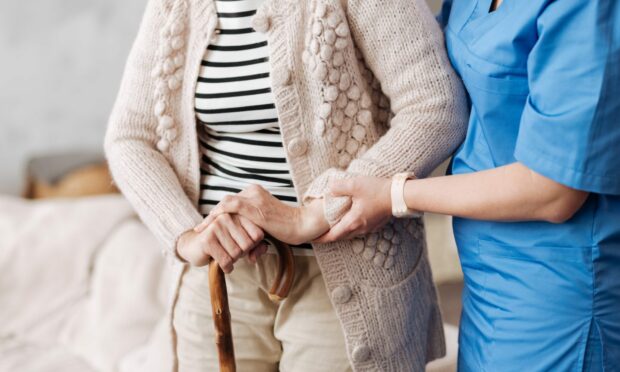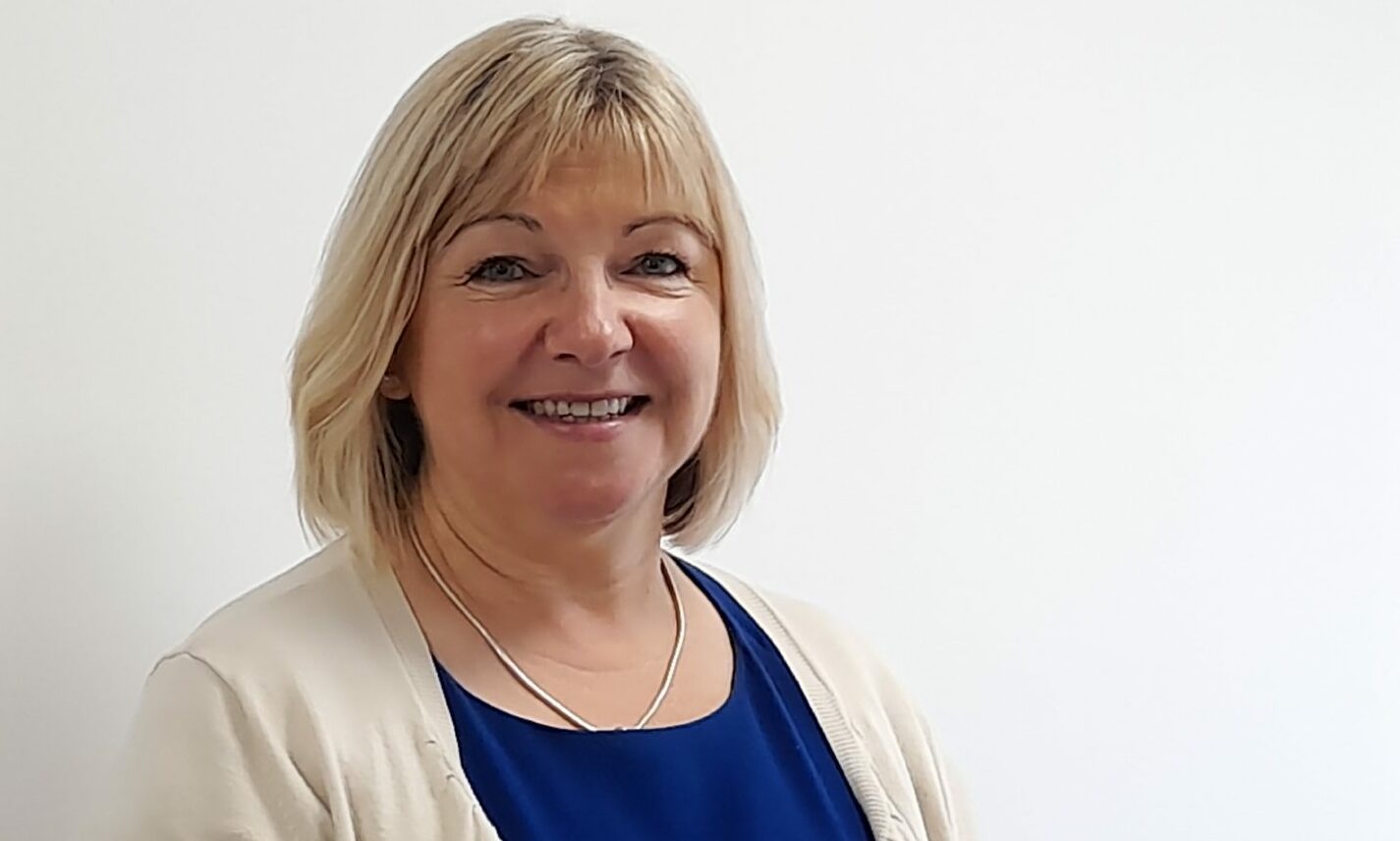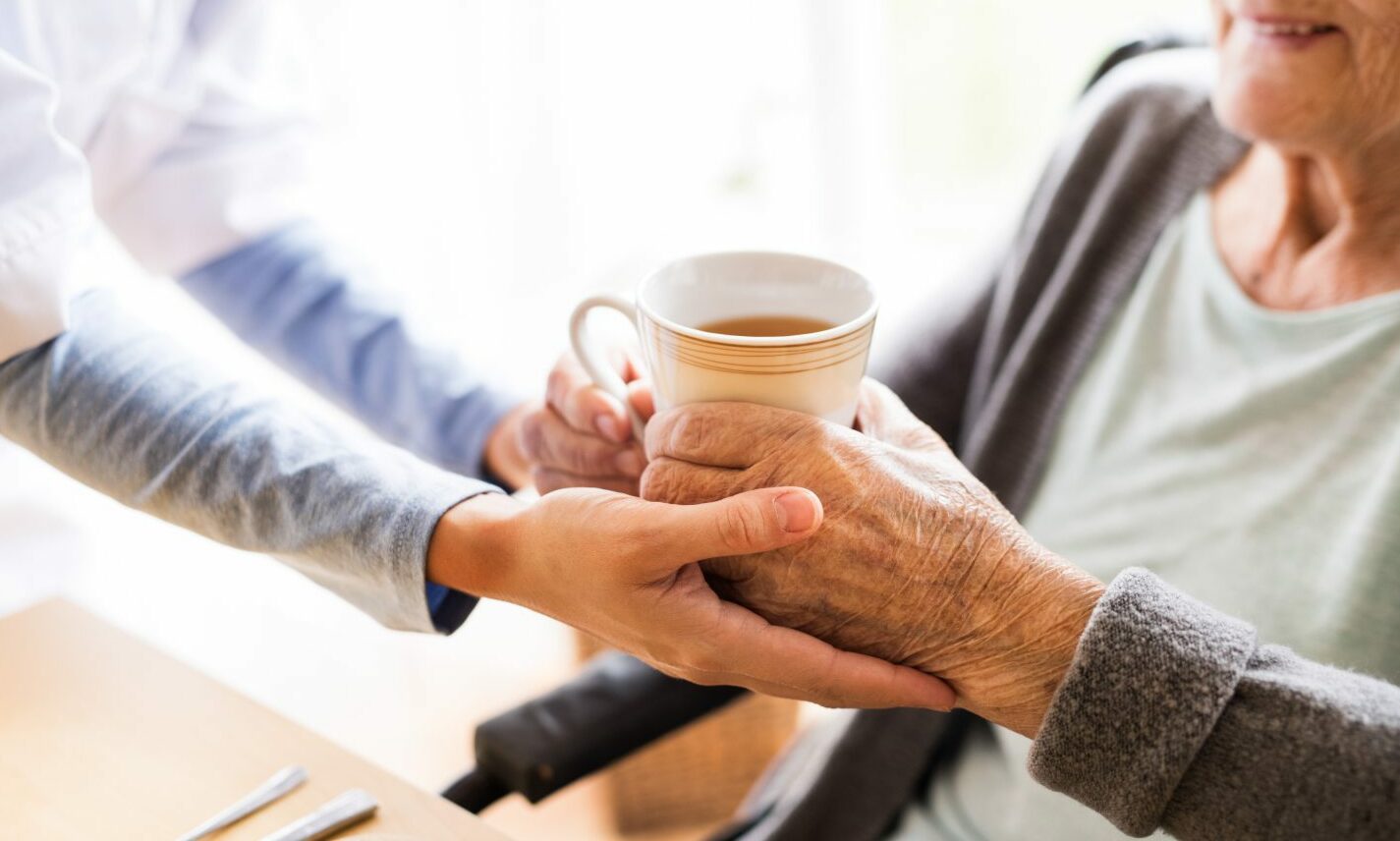An army of helpers will work in Highland care homes and patients’ houses to stop health services being overrun this winter.
North health chiefs are planning to send recruits to locations throughout the region ahead of the NHS’s busiest time of the year.
Illnesses like flu and pneumonia, plus ongoing concerns with Covid, rise during the colder months, leaving more people in need of care.
Already, NHS Highland is looking to scale back elective procedures to increase capacity for emergencies and urgent cancer cases.
And it is working on a new policy to get patients back home faster to free up hospital beds.
But a rise in the numbers arriving more seriously ill than before the pandemic – meaning they stay in the wards for longer – is expected to cause significant pressures.
How will reserve system work?
Social care bosses say this scheme – suggested by frontline staff – could offer some solutions.
At a meeting of the NHS Highland board earlier today, the idea was praised as “enterprising and novel”.
Chief executive Pam Dudek said it would, effectively, operate like an expanded bank staff service for its care at home and care home services.
“They’re looking to try and get a reservist movement or workforce mobilised that can be very agile and flexible,” she explained.
“[They want a] workforce where people who really enjoy supporting members in their community can do something towards the efforts of care at home and supporting care homes.
“Hopefully it will encourage people to help us get through winter and keep our population safe.”
‘Early indications are positive’
It follows a similar idea to bolster the workforce at the start of the Covid pandemic, and the roll-out of an English scheme earlier this year.
Many retired health professionals, and others who had left this line of work for other reasons, returned to the NHS front lines as the disease swept the country.
In the Highlands, a plea was issued to staff a Covid response team, which let the health board “mobilise a workforce we didn’t have before.”
Ms Dudek said the early indications are that the new project is already proving positive.
She added: “This has really just kicked off as a new thing to trial.
“We’ve started first in Inverness and it’s still very early doors, but we’ll be looking to connect with our remote communities.”
Training will be supplied for anyone in need, and recruits will go through the same background checks as all other staff.
Earlier this year we reported that NHS Highland spent £10 million on agency staff and locums during the first five months of this financial year.
It’s hoped this new drive could fill permanent vacancies, while a national taskforce has been set up to tackle the topic on a wider basis.
Winter preparedness
Additionally, Ms Dudek said extra efforts will be taken to educate the public about respiratory illnesses and falls.
These are two of the main drivers for hospital stays during the winter months.
She also told the board the Covid vaccination programme is working “full pelt” at 146
locations throughout the Highlands.
The region has more fully-jabbed care home residents and frontline health workers compared to the Scottish average.
But she said more work is to be done with the over-65s – with 82% having received their latest jabs, compared to 87% nationwide.



Conversation